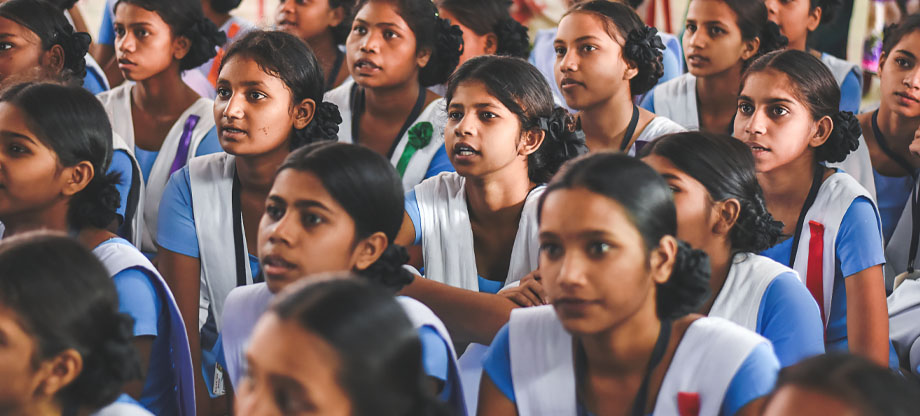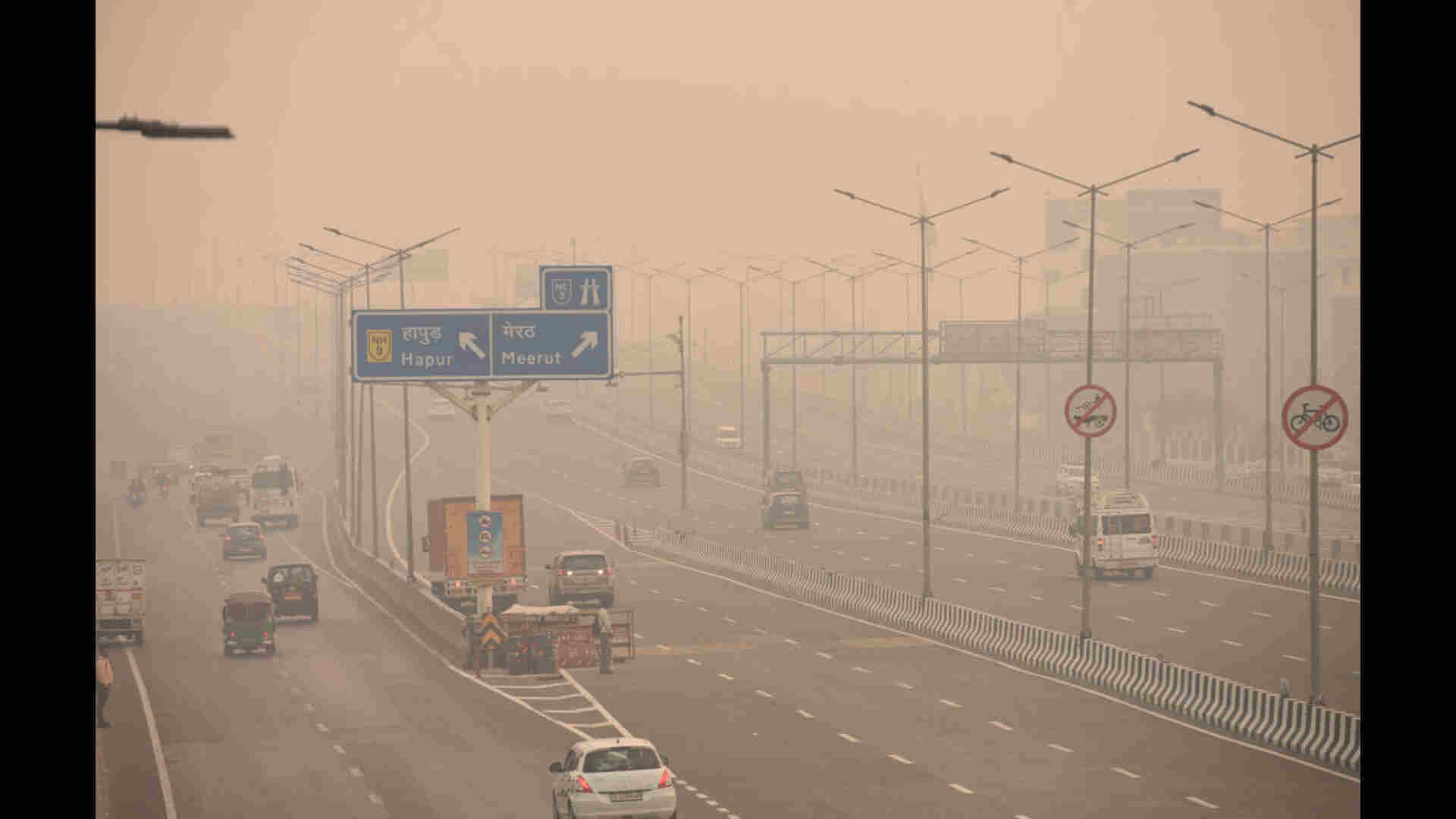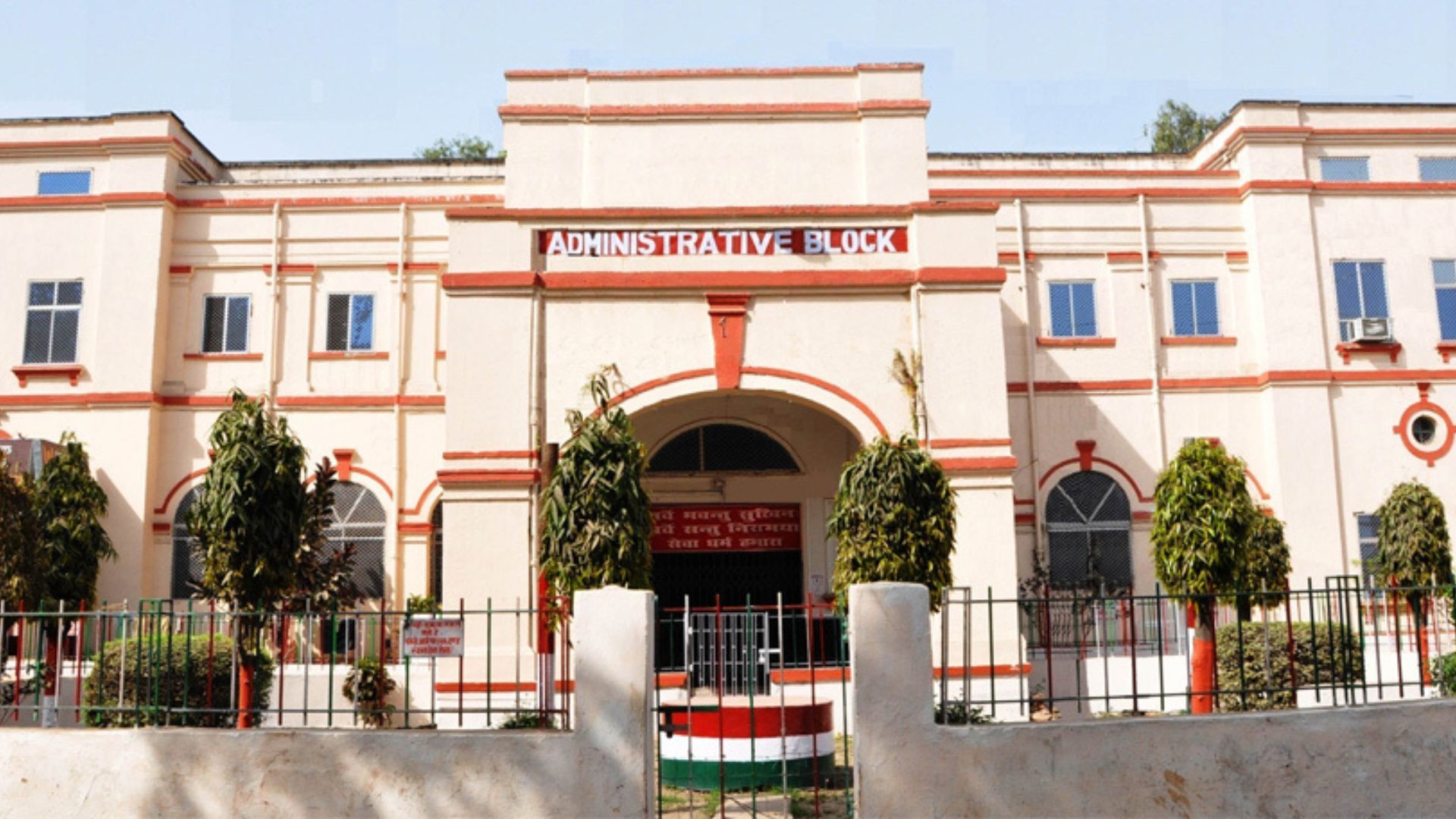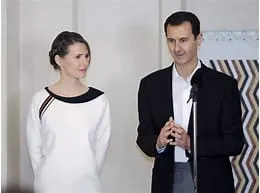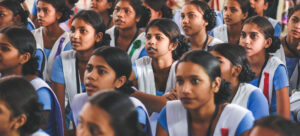The Ministry of Women and Child Development, with an aim to achieve holistic development of women and children, detailed various schemes and programmes that it implemented in its Annual Report 2022-23 to ensure that they have a positive impact on various social, cultural and economic aspects of women and children. To ascertain that these schemes and programmes are better implemented and to assess the need for further improvement, monitoring and evaluation are required at regular intervals. In order to do this, an efficient statistical system needs to be put well in place. Additionally, for proper planning and implementation of schemes and policies and various other initiatives of the Ministry, it is necessary that credible data and quality information is compiled that can be fed into statistical systems.
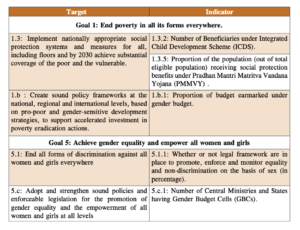
As per the report, the Statistics Bureau of the Ministry was entrusted to look after the collection and compilation of statistics, to sponsor meaningful research in the fields of welfare and development of women and children and to handle the mechanism of redressal of public grievances and complaints. The Bureau was responsible for coordinating with stakeholders for Sustainable Development Goals (SDGs) related to this Ministry. It was also entrusted with the responsibility of monitoring and improving India’s performance on three Global Indices namely, the Global Gender Gap Index (GGGI), the Gender Inequality Index (GII) and the Global Hunger Index (GHI).
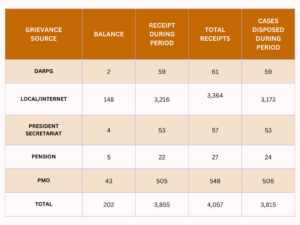
Programmes undertaken by the Ministry so far include those focused on research, grant-in-aid, publication, and monitoring, in addition to the online redressal of public grievances and the implementation of sustainable development goals.
Grant-in-Aid for Research, Publication, and Monitoring
Under this Scheme, research grants have been given to an institution or a group of institutions for conducting specific research projects in close association with one or more scholars. The institutions, which included, universities, research institutes, voluntary organizations, and professional associations in the field of women and child development and similar organisations and agencies that have the capacity to do research were then recognised and entrusted to undertake specific research projects. Notably, institutions set up and fully funded by the Central and state governments and even Public Sector Undertakings were counted as eligible for this scheme.
According to the stipulations, the voluntary organisation should have three years of experience after registration to be eligible for these grants. Proposals for grants were to be submitted in adherence to the research guidelines laid down by the Ministry.
Developmental Research and Strategic Intelligence (DRISHTI)
This vertical was set up by the Ministry for the expansion its research and publication work, formulation of research designs, overseeing and conducting relevant research activities and preparing reports, opportunity papers, research briefs and other allied documents for dissemination. This was also used to implement the government’s initiatives to leverage Global Indices and use them as tools for reform and improve India’s standings in GGGI, GII, and GHI. This helped the formulation of “indigenised indices” as well as identifying existing data gaps and identifying reform areas and best reform actions.
Data extracted using DRISHTI can further be used to prepare action plans, coordinate with the appropriate Ministries and Departments nationwide and engage with publishing agencies for technical support and assistance as needed.
Public Grievance Redressal
The Centralised Public Grievance Redress and Monitoring System (CPGRAMS) Reforms envisage ensuring user-friendly lodging of grievances by citizens and enable navigation of the grievance to reach the field office responsible for satisfactory resolutions. The Department of Administrative Reforms and Public Grievances (DARPG) has launched CPGRAMS Reforms version 7.0 to streamline grievance redressal mechanisms and to reach the rightful redressal office, surpassing the line offices. The Ministry of Women and Child Development implemented the CPGRAMS version 7.0 system successfully last July. Since then, it has been efficiently disposing of the grievances, the overall percentage of disposal of PGs as per the CPGRAMS Monitoring Desk was 98 percent for the period from April 2022 to December 2022. The progress report of grievances received and disposed of from various sources from 1 April 2022 to 31 December 2022 has been illustrated using data from the report.
Sustainable Development Goals
Gender equality is a central agenda for India’s development. This is reflected in a set of goals and targets of Sustainable Development Goals, which came into effect on 1 January 2016. There are 17 Sustainable Development Goals (SDGs) and 169 associated targets which are spread over the areas of social, economic and environmental dimensions of development. The Ministry of Women and Child Development overlooks SDGs related to the empowerment of women and the development of children. More specifically, the Ministry of Women and Child Development is concerned with the National Indicators on SDG-1 “End Poverty in all its form everywhere”, SDG-2 “to end hunger and all forms of malnutrition, and double agricultural productivity in the next 15 years” and SDG-5 “Achieve Gender equality and empower all women and girls”.

